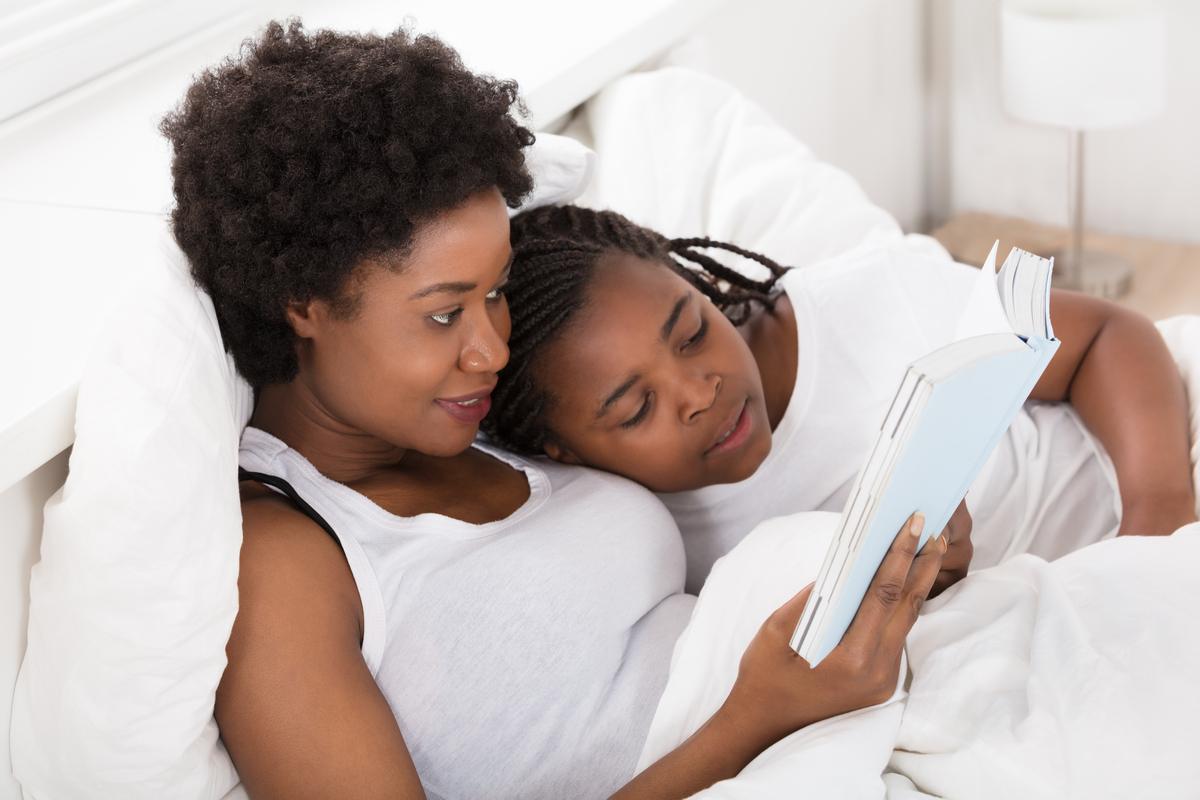Is there such a thing as an ideal bedtime? Experts say the best time to go to bed depends on what your schedule is like both during the evening and the following morning.
Michael J. Breus, Ph.D., a clinical psychologist and sleep specialist, recommends using his “sleep calculator” formula to find your ideal bedtime. According to his website, the average sleep cycle is 90 minutes long and includes both deep non-rapid eye movement (non-REM) sleep to REM sleep.
A typical night’s sleep involves five cycles — or 7.5 total hours. He suggests looking at your ideal wake time and counting back 7.5 hours for a recommended bedtime. So if your alarm goes off at 6 AM, try to get to sleep no later than 11:30.
Going to bed too late may affect the quality of your sleep, which is unfortunate news for night owls, insomniacs, and shift workers.
“The time of night when you sleep makes a significant difference in terms of the structure and quality of your sleep,” Matt Walker Ph.D., head of the Sleep and Neuroimaging Lab at the University of California, Berkeley, told TIME. “That 90-minute cycle is fairly stable throughout the night, but the ratio of non-REM to REM sleep changes.”
According to Walker, non-REM sleep — which may be deeper and more restorative sleep — dominates sleep cycles in the earlier part of the night. During the late night and very early morning, REM sleep may dominate your sleep cycles.
Your ideal bedtime and waking time will also change depending on age. Young children need to go to bed in the early evening, twentysomethings may be more likely to stay up late, and the elderly often wake up very early in the morning.
Experts also recommend adjusting your behavior in the hours leading up to your bedtime. You should avoid screens as much as possible since the blue light emitted by TVs, computers, smartphones, and tablets can negatively affect your sleep.
Avoid stimulating substances like nicotine or caffeine at night, and if you know you are particularly sensitive to caffeine, try not to consume it after lunch. Heavy meals before bed may cause indigestion, which could interfere with your sleep, so stick to light snacks if you get peckish late at night.
The National Sleep Foundation says that it’s fine to exercise at any time of day, but working out before bed affects people in different ways. Stuart Quan M.D., a professor of sleep medicine at Harvard Medical School, explained to The Independent that it’s best to avoid late-night workouts if you already have trouble sleeping. A grueling workout may leave you physically exhausted, but Quan says “mentally, you may be revved up. In addition, there may be higher amounts of cortisol or adrenaline in your body which may inhibit sleep.”
Ultimately, the ideal bedtime depends entirely on your schedule and responsibilities. One thing all experts agree on: Try to keep your bedtime and wake time as consistent as possible, even on the weekends. This isn’t always possible, and sleep recommendations can be kind of overwhelming. The best things you can do: Try your best to stay consistent, give yourself enough time to sleep at night, and follow sleep hygiene rules as best you can for optimal Zs.
[Editor’s Note: The information provided should not be considered a substitute for professional medical advice. Please consult a medical expert if you have questions related to your own health.]
Featured image: Maksym Povozniuk/Shutterstock

